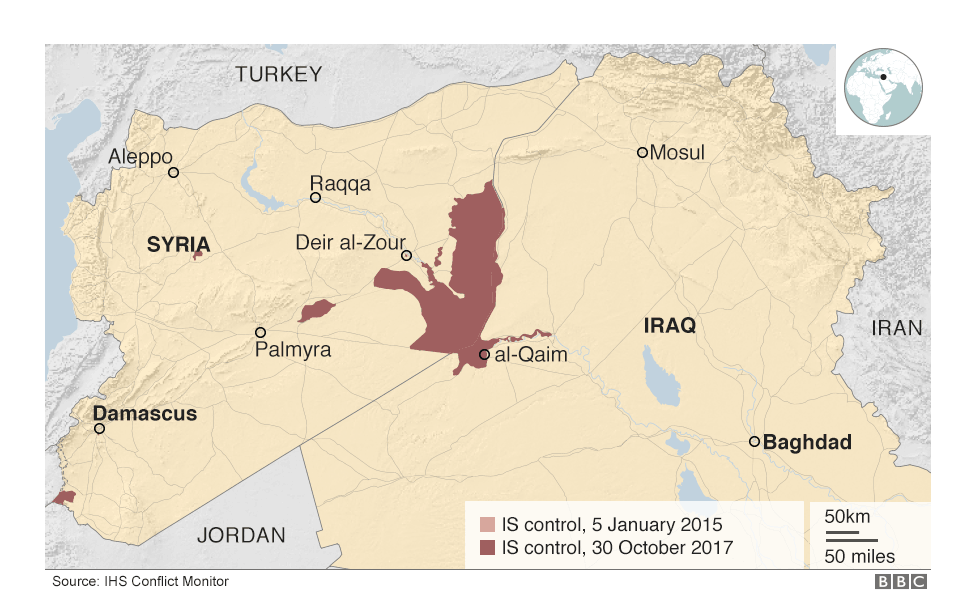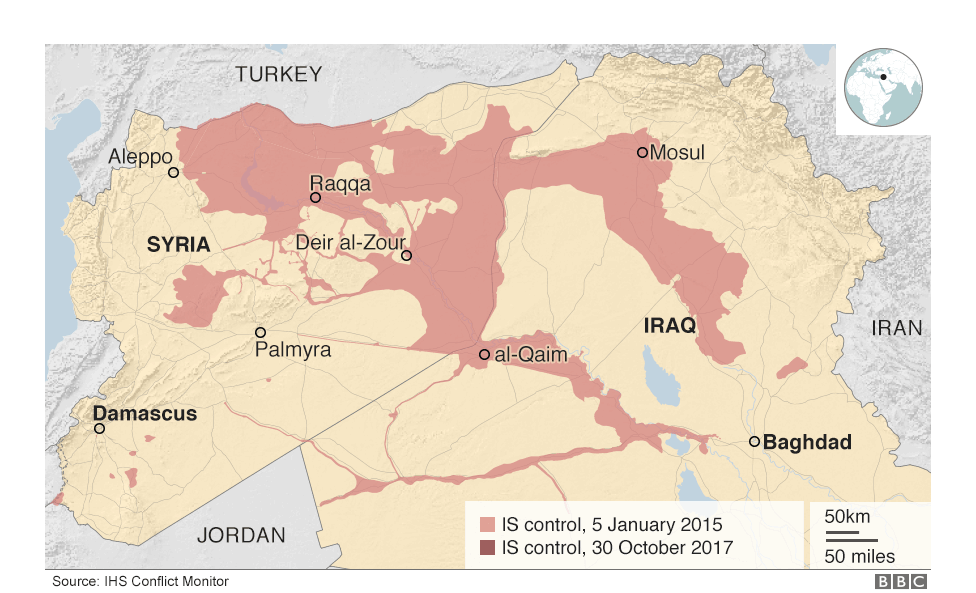Lebanese premier resigns, plunging nation into uncertainty
Lebanese prime minister Saad Hariri resigned from his post in a televised address from the Saudi capital Saturday, accusing Hezbollah of taking the country hostage, in a surprise move that plunged the nation into uncertainty amid heightened regional tensions.
In his resignation speech, Hariri fired a vicious tirade against Iran and its Lebanese proxy Hezbollah group for what he said was their meddling in Arab affairs and said that "Iran's arms in the region will be cut off."
"The evil that Iran spreads in the region will backfire on it," Hariri said, accusing Tehran of spreading chaos, strife and destruction throughout the region.
Hariri was appointed prime minister in late 2016 and headed a 30-member coalition government that included members of the Shiite militant Hezbollah. But it's been an uneasy partnership between Hariri, who heads a Sunni-led camp loyal to Saudi Arabia, and Hezbollah, which represents a camp loyal to Shiite Iran. President Michel Aoun, who was elected in October 2016 after more than a two-year presidential vacuum, is a close ally of Hezbollah.
As U.S. and Saudi Arabia sought ways to curb Iran's growing influence in the region, Hariri has come under pressure to distance himself from the militant group which has sent thousands of troops to neighboring Syria to shore up President Bashar Assad's forces.
It was not immediately clear whether Hariri intended to return to Lebanon. In a statement, the presidential office said Aoun was informed by Hariri in a phone call of his resignation, adding that the president now awaits Hariri's return to clarify the circumstances of his resignation and proceed accordingly.
Hariri's bombshell resignation — even close aides seemed unaware of the announcement — ushers in a stage of deep uncertainty and potential instability. It also throws into doubt parliamentary elections slated for early next year which have been repeatedly delayed.
It comes amid a sharp escalation in Saudi rhetoric against its regional archrival Iran and puts Lebanon at the center of that rivalry.
Hazem al-Amin, a Lebanese writer who follows regional affairs, said Hariri's resignation is "completely a Saudi step" that comes in the context of an international and regional atmosphere against Hezbollah and against Iranian influence in the region.
"Lebanon is a fragile country. This confrontation (between Saudi Arabia and Iran) is more violent than Lebanon can stand up to," he said, warning of economic and security ramifications.
Iran's foreign ministry spokesman Bahram Ghasemi said the resignation is a plot by the U.S., Israel and the Saudis to foment tensions in Lebanon and the region, the semi-official Iranian Tasnim news agency reported.
Ghasemi dismissed Hariri's "baseless accusations," which he said indicate that "a new scenario" for the region was being drawn.
Israeli Prime Minister Benjamin Netanyahu said Hariri's resignation and comments "are a wake-up call to the international community to take action against the Iranian aggression that is trying to turn Syria into Lebanon 2."
"This aggression endangers not only Israel but the entire Middle East. The international community needs to come together and stand against this aggression," he said.
Hariri's resignation was unprecedented in the way it was announced, in a televised address from an undisclosed location in Riyadh. In his speech, Hariri suggested he feared for his life and said the climate in the country is similar to the one that existed before his father, the late prime minister Rafik Hariri, was assassinated in 2005.
Several Hezbollah members are being tried in absentia for the killing by a U.N.-backed tribunal in The Hague, Netherlands. Hezbollah denies any involvement.
Hariri said Hezbollah's policies have put Lebanon "in the eye of the storm." His attacks on Hezbollah come on the heels of new U.S. sanctions on the group that many fear will impact negatively on the Lebanese economy. Hariri has frequently called on the group to withdraw its fighters from Syria.
"I declare my resignation from the premiership of the Lebanese government, with the certainty that the will of the Lebanese is strong," Hariri said.
"When I took office, I promised you that I would seek to unite the Lebanese and end political division… But unfortunately, this pushed Iran and its allies to more interference in our internal affairs," he said.
In Beirut's Tarik al-Jadideh neighborhood, a predominantly Sunni neighborhood supportive of Hariri, residents described the shock resignation as a positive step.
"Prime Minister Hariri has reached the stage where he is not able anymore to bear the pressure on Lebanon by Arab nations, due to the intervention of Iran," said Mohyeddine Awwad, sitting in a cafe where posters of Hariri hung.
Earlier this week, Saudi State Minister for Gulf Affairs Thamer al-Sabhan sharply criticized Hezbollah, calling for its "toppling" and promising "astonishing developments" in the coming days during an interview with the Lebanese TV station MTV.
Al-Sabhan met with Hariri in Saudi Arabia when the now resigned prime minister was visiting earlier this week. Hariri abruptly returned to the kingdom again on Friday after a meeting in Beirut with Ali-Akbar Velayati, foreign adviser to Ayatollah Ali Khamenei, Iran's supreme leader.
In tweets after meeting Hariri, al-Sabhan criticized the Lebanese government for tolerating Hezbollah's criticism of the kingdom.
Maha Yahya, director of the Beirut-based Carnegie Middle East, said that with the Syrian war calming down, Hariri's move could be a message from Saudi Arabia to Iran that it "can't have it all."
"So Lebanon is back on the table as a stage for the next tug of war," she said.
———
Associated Press writer Sarah El Deeb in Beirut, Nasser Kariri in Tehran and Aron Heller in Jerusalem contributed to this report.
- Star
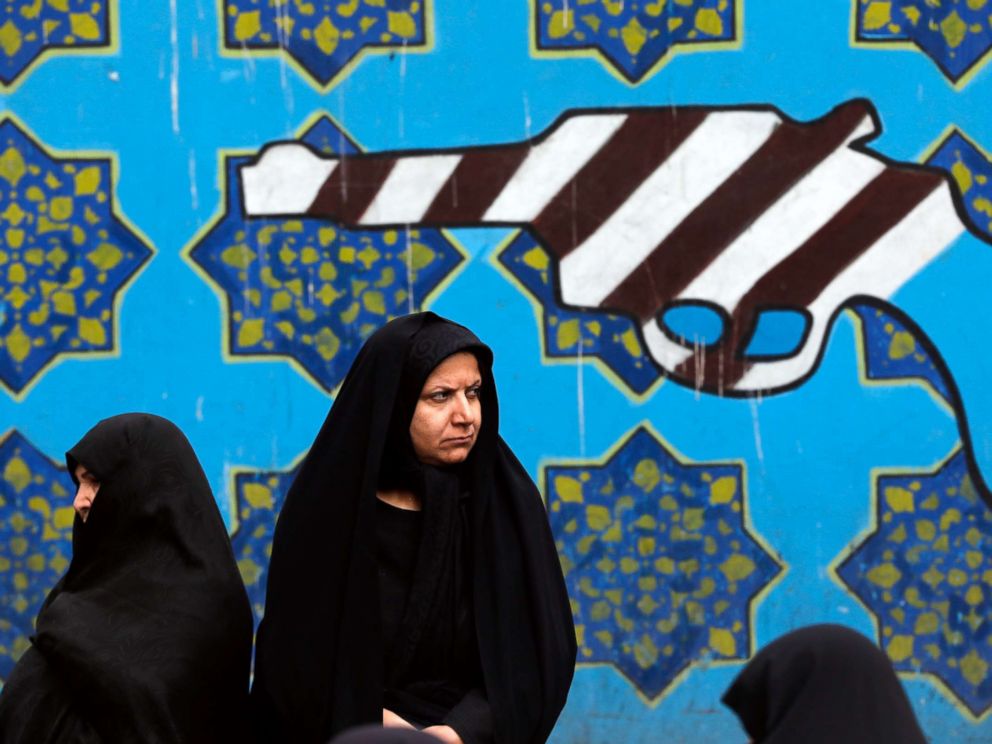 Abedin Taherkenareh/EPA
Abedin Taherkenareh/EPA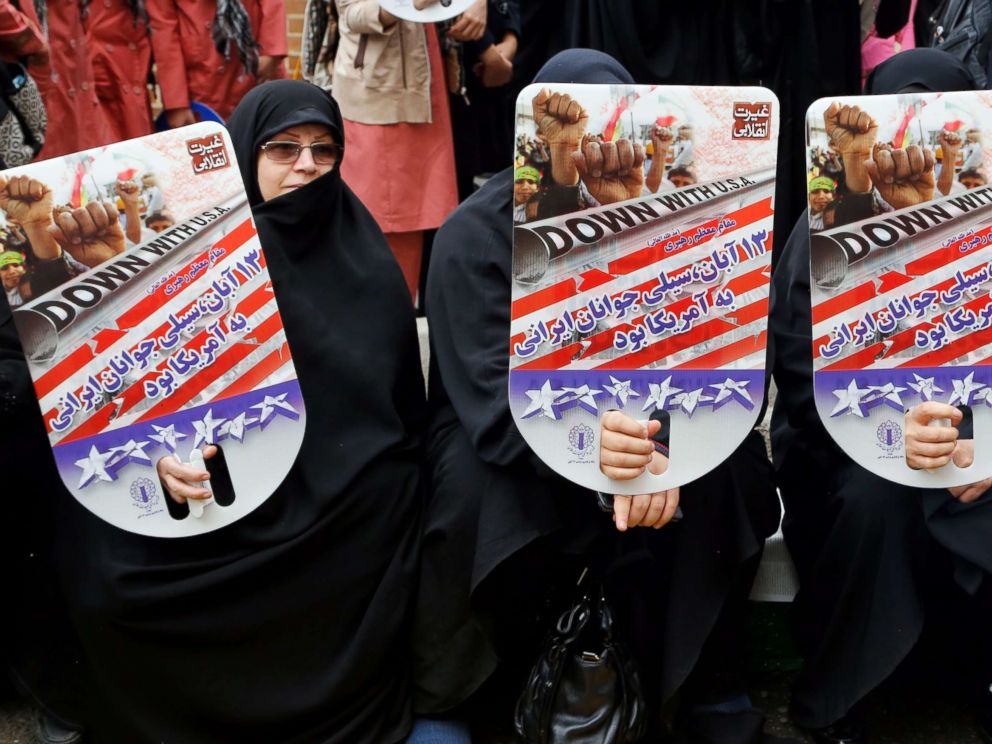 Abedin Taherkenareh/EPA
Abedin Taherkenareh/EPA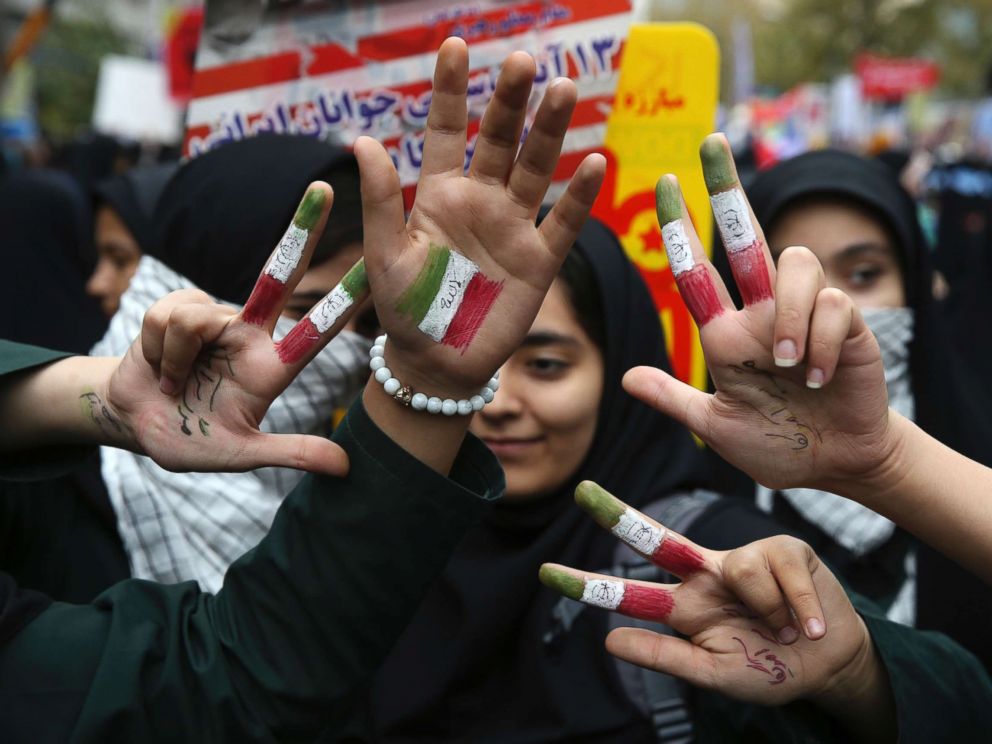 Vahid Salemi/AP
Vahid Salemi/AP